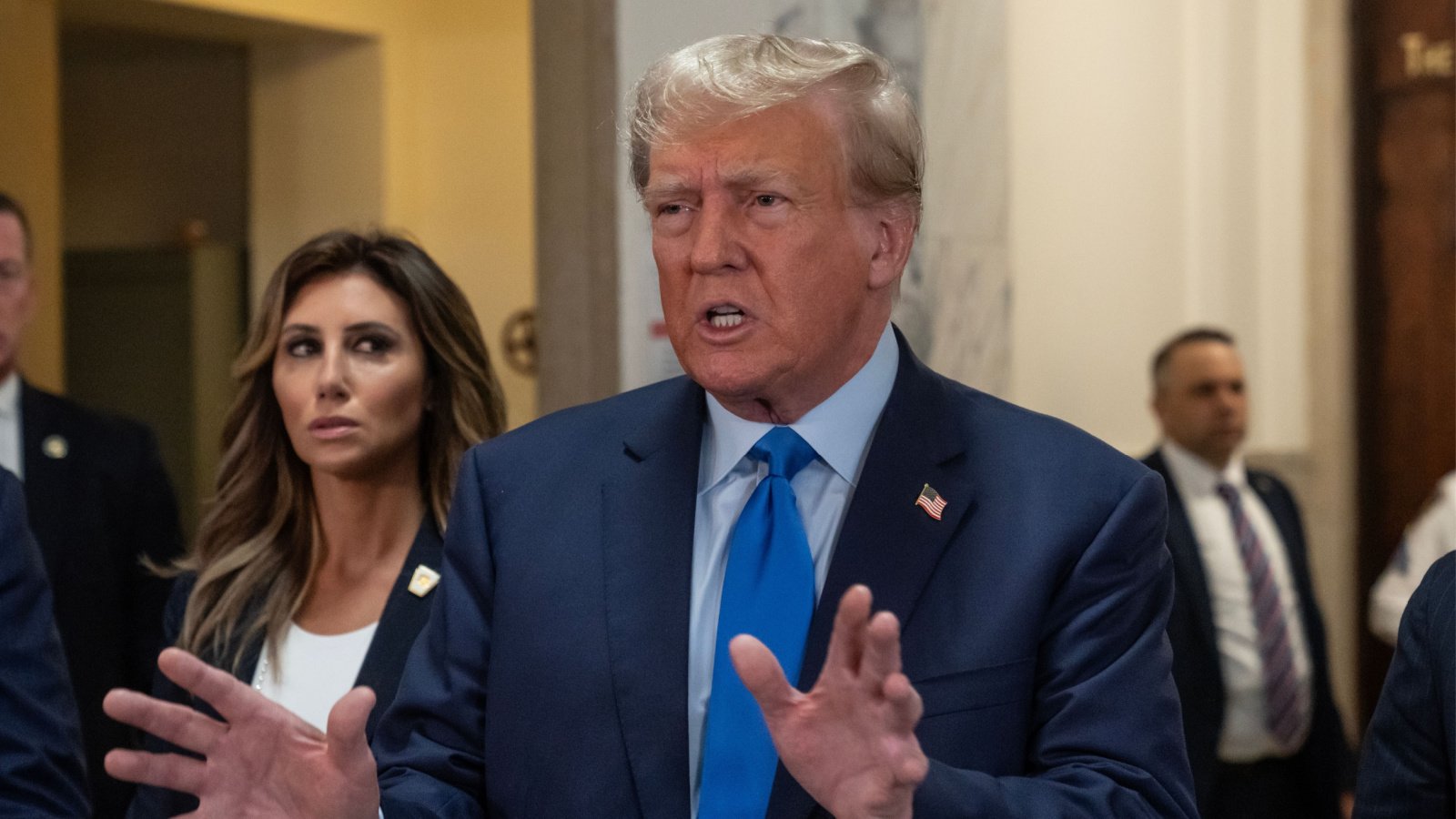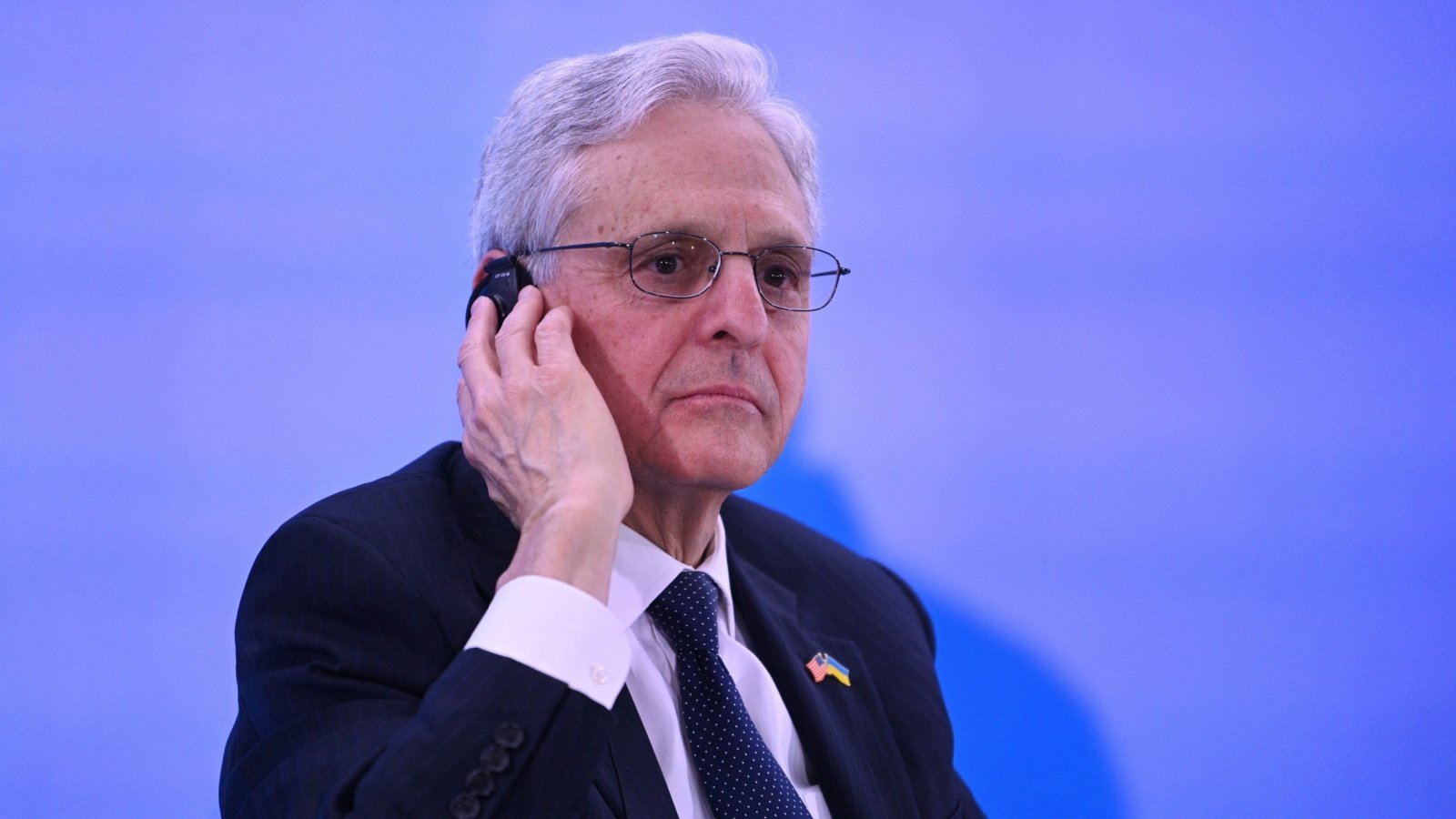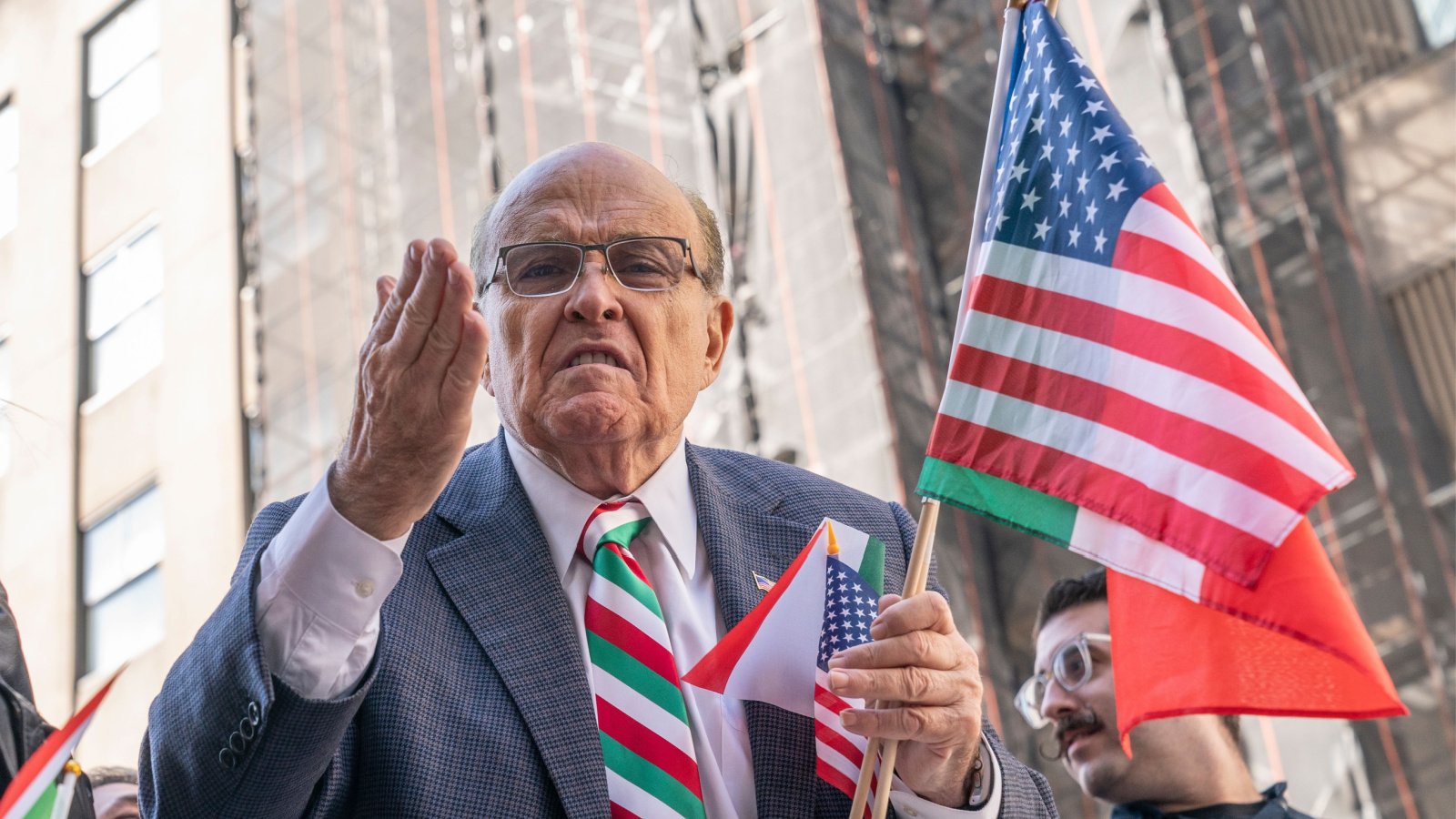A twelve-person jury is currently deliberating on whether former President Donald Trump is guilty of 34 felony counts of falsifying business records. Jury deliberations kicked off Wednesday May 29 after all witnesses had testified, been cross-examined, and after closing arguments were presented to the court.
Charges and Allegations
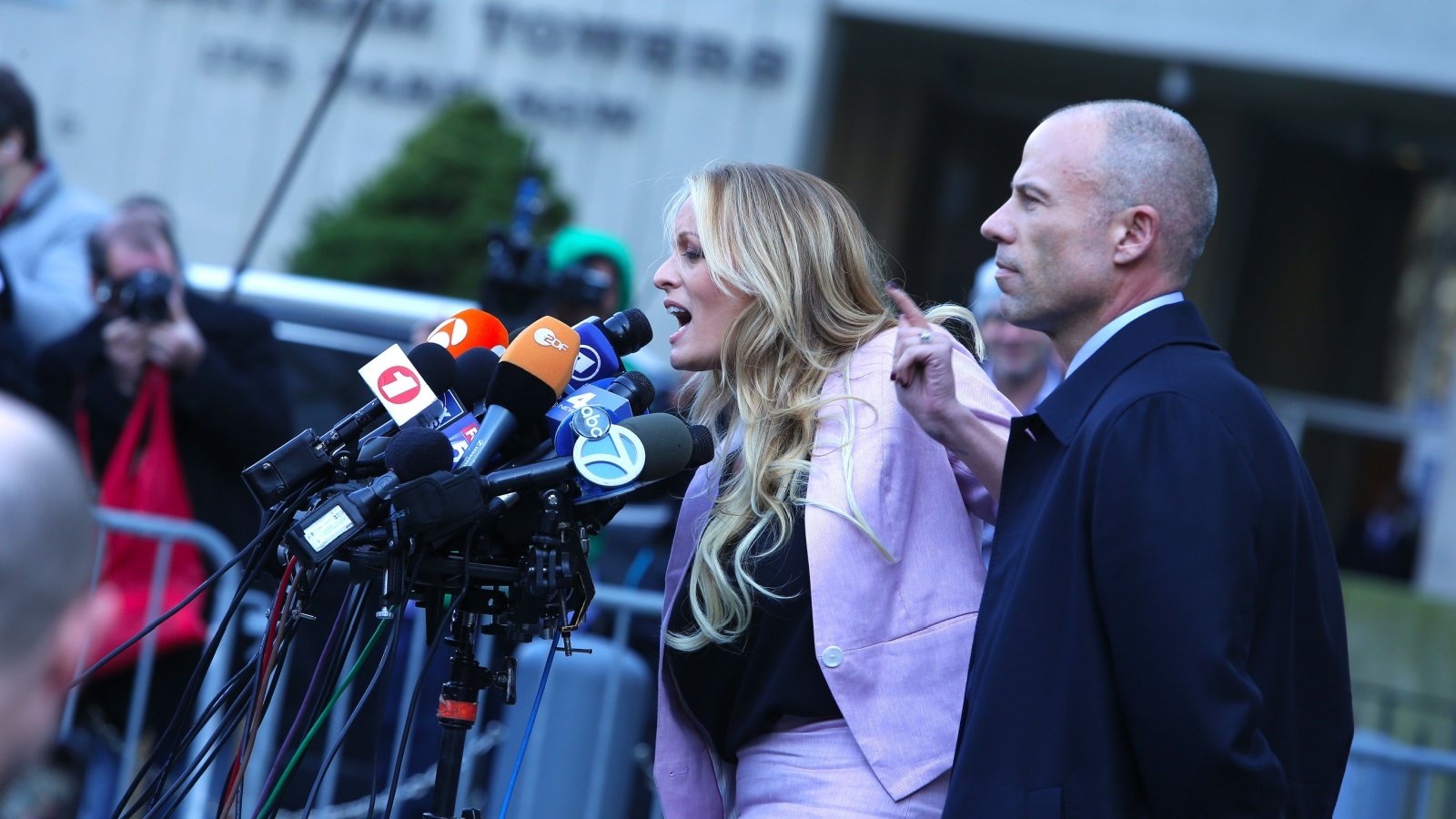
New York prosecutors claim Trump falsified his business records to conceal a $130,000 reimbursement to former attorney Michael Cohen for “hush money” payments he allegedly paid to adult film star Stormy Daniels to keep a story about an alleged affair out of the national news cycle in advance of the 2016 election. Trump denies the affair and allegations. He claims the payments to Cohen were ordinary legal expenses.
The Jury’s Task

The jury’s task is to decide unanimously whether Trump created or caused false business records to either violate or conceal a violation of New York state law related to election integrity. The jury can draw from the evidence presented during the trial, including admissions during witness testimony.
Possible Grounds for Conviction
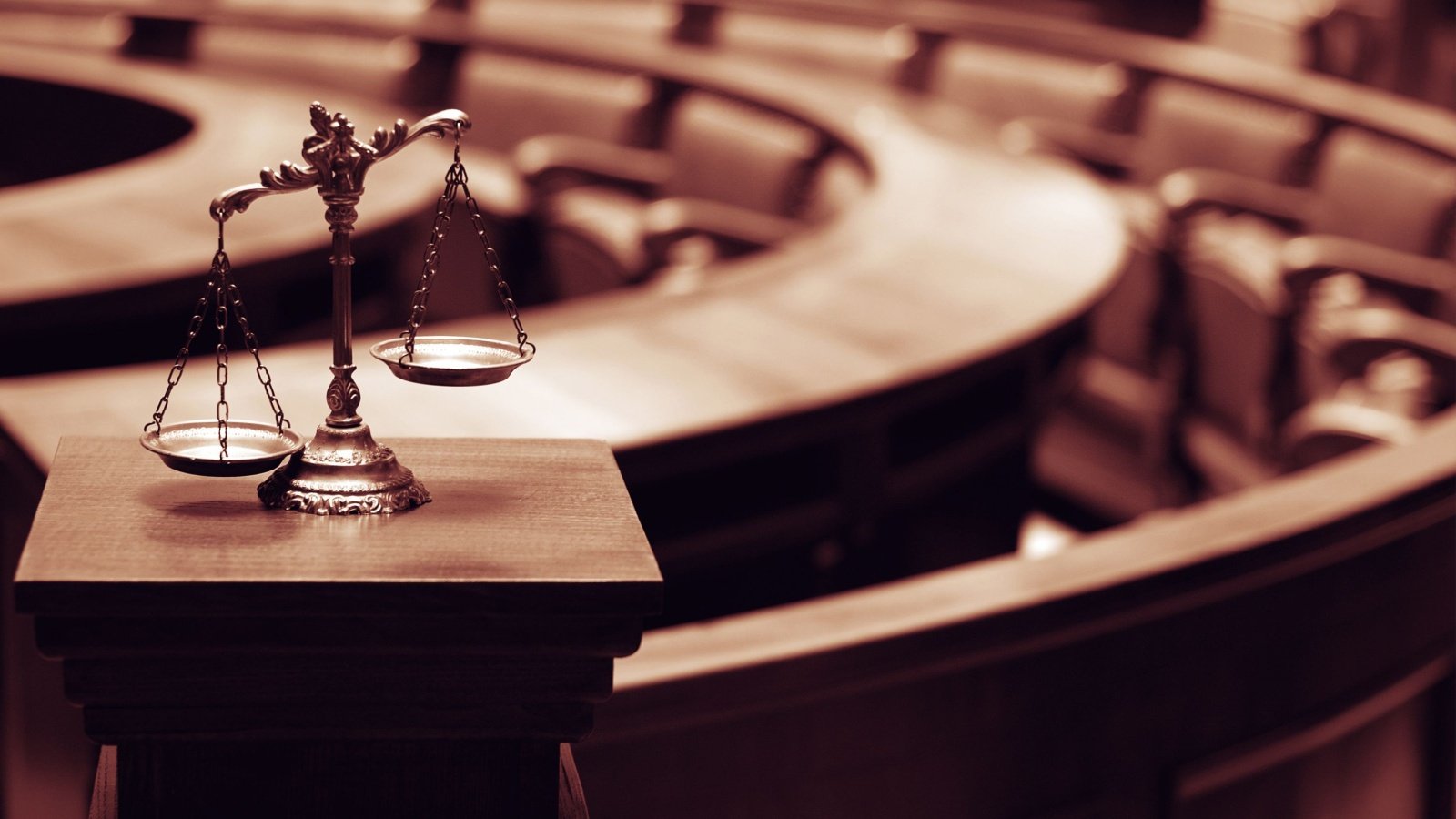
Trump can be convicted by the jury for committing any one or more of three unlawful acts: violating the Federal Election Campaign Act, falsifying other business records, or submitting false information on a tax return. If the jury unanimously agrees that Trump committed any of these three unlawful acts, he will be convicted.
Deliberation Process
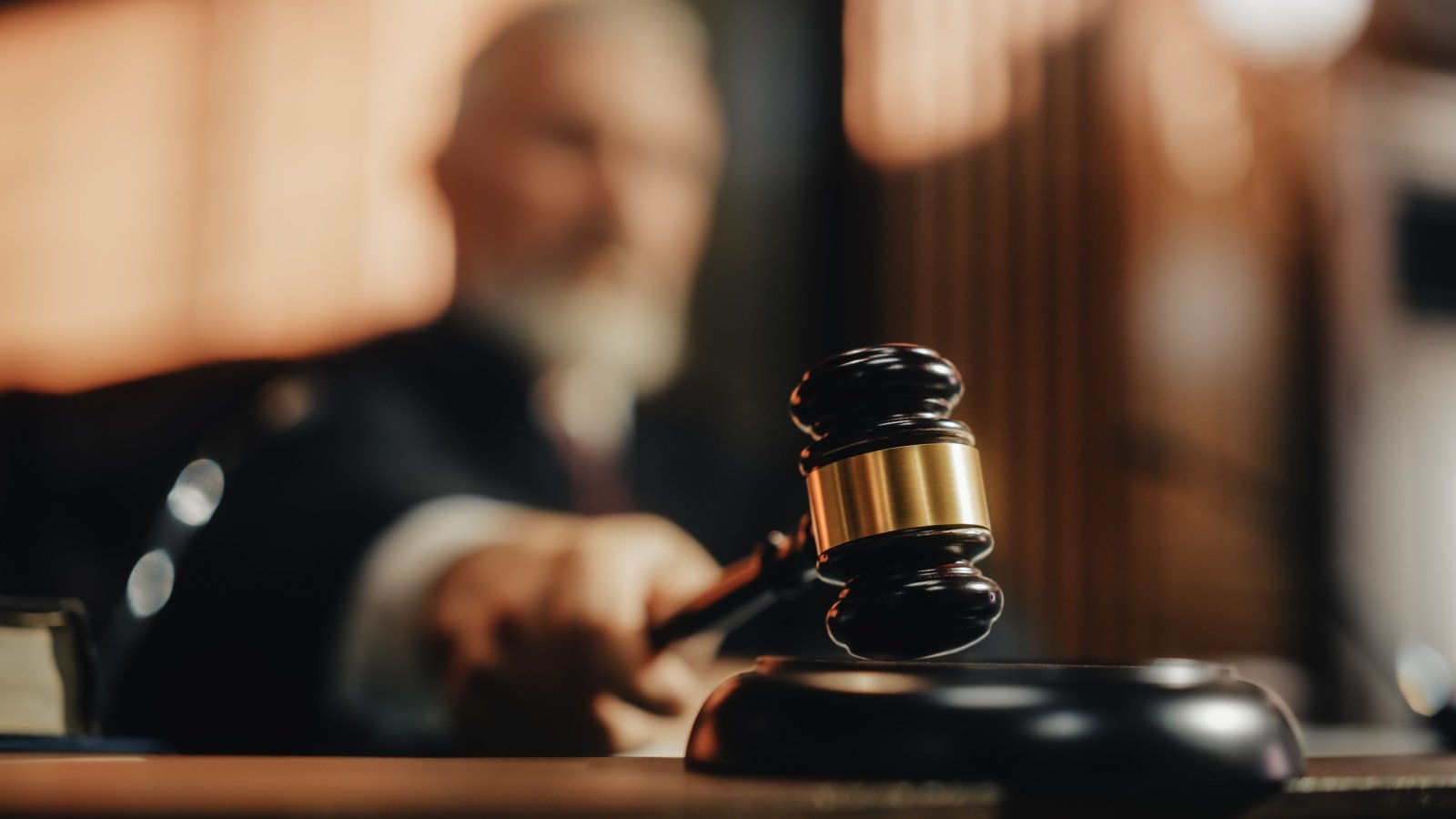
The jury deliberations happen outside of public view. The court selected six alternate jurors who did not confer with the jury during deliberations. If an alternate juror is called in to replace a deliberating juror, the discussions will have to restart. While in deliberations, jurors do not have access to cell phones. They were instructed on the relevant laws in question.
Limited Insight on Discussions
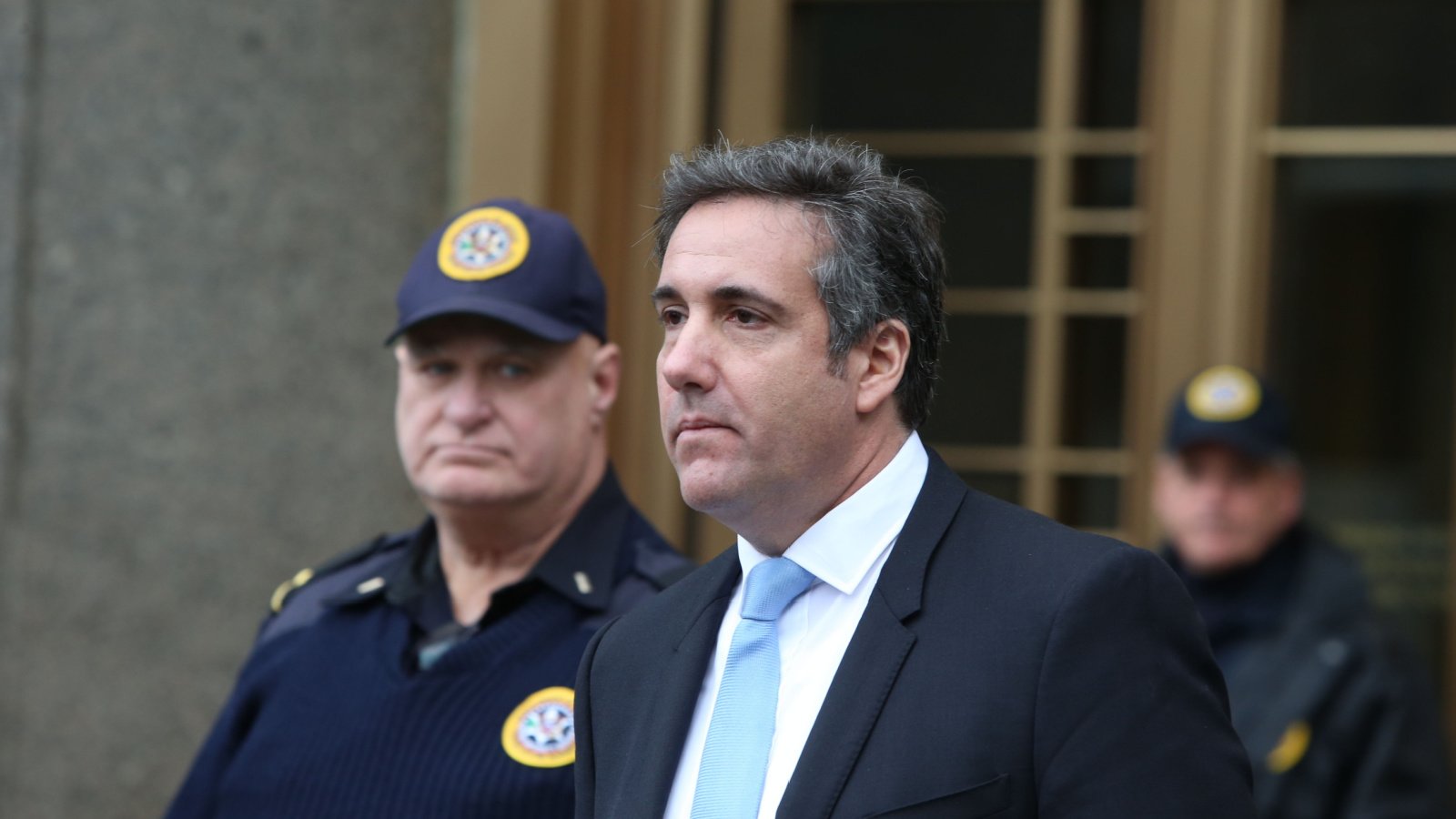
Jury deliberations are confidential. Sometimes, the jurors send notes to the judge to update the judge on their progress. They can also ask to rehear testimony. On the first day of deliberations, the jury asked to rehear testimony from Cohen and National Enquirer Publisher David Pecker. They also requested clarification on specific laws in question. Court responses to jury notes are public but do not confer significant insight into the jury’s leanings.
Trump’s Whereabouts

During deliberation, Trump must remain at the courthouse but does not have to be present in the courtroom.
Duration of Deliberations

The jury concluded its first day of deliberation Wednesday without returning a verdict. They will continue to meet from 9:30 to 4:30 each weekday for as long as it takes to reach a unanimous verdict. Judges may extend the hours if requested by jurors. There is no limit on how many days deliberations can continue.
Jurors’ Daily Routine

Jurors go home each evening following deliberations. They are not sequestered, as used to be mandatory in felony cases in New York. The practice of total sequestration has been rare since 2001.
Reaching a Verdict

If the jury reaches a verdict, it sends the judge a note. The judge then convenes the court to hear the verdict. In this case, the jury foreman will announce the verdict for each count. The jury will collectively or individually confirm the verdict.
Handling a Deadlock
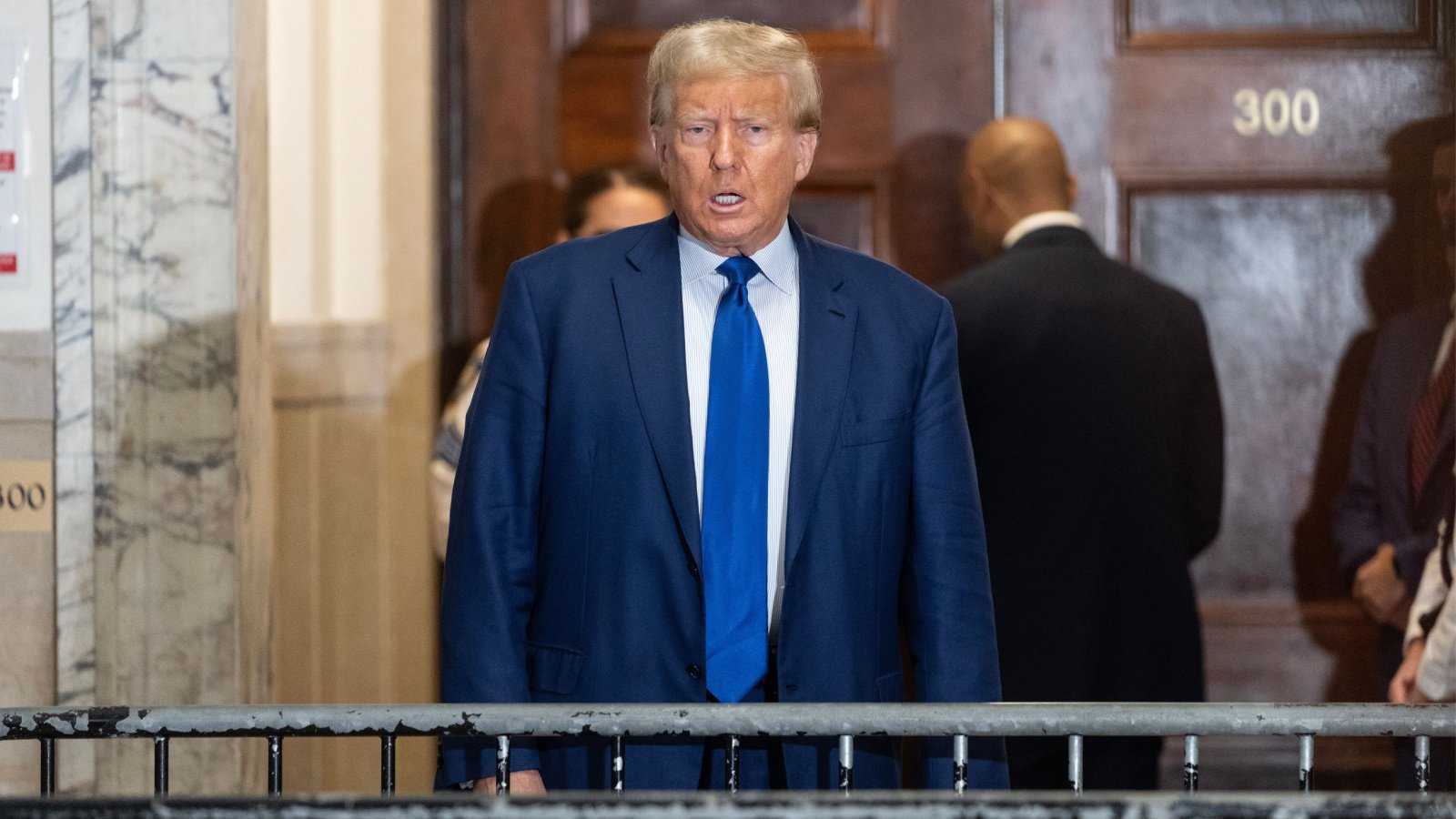
In the case of a deadlock where the jury cannot reach a unanimous verdict, the judge will also be notified. The judge could declare a mistrial or instruct jurors to continue deliberating. In this case, the judge would ask jurors to reconsider their positions to reach unanimity without compromising conscience or judgment.
The Allen Charge
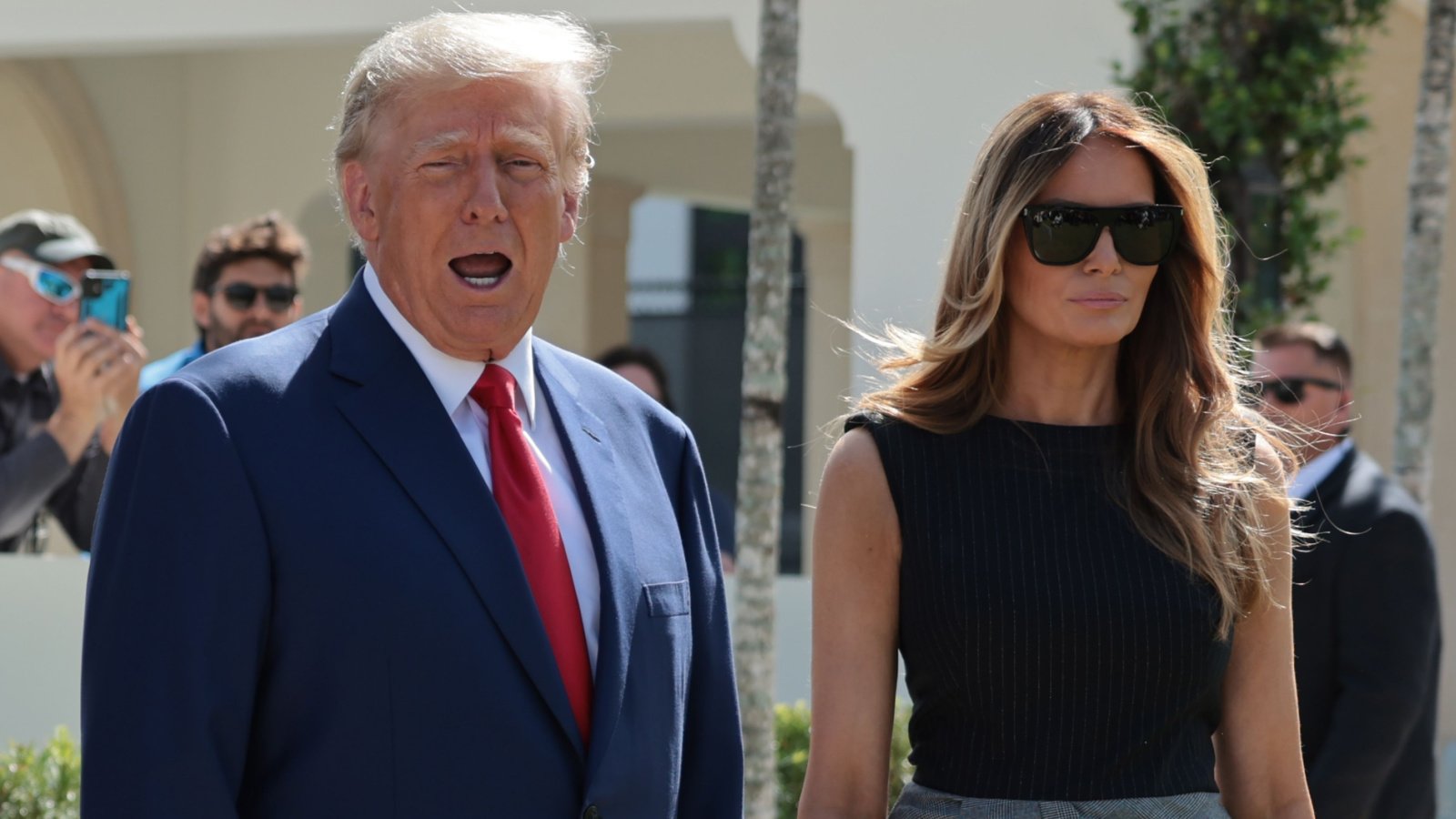
If a verdict is not reached, the judge could implement a “modified Allen charge,” which would urge jurors to seek a unanimous verdict without compromising personal integrity. The judge could reassert this charge or adjust it to the best effect.
Implications of Deadlock
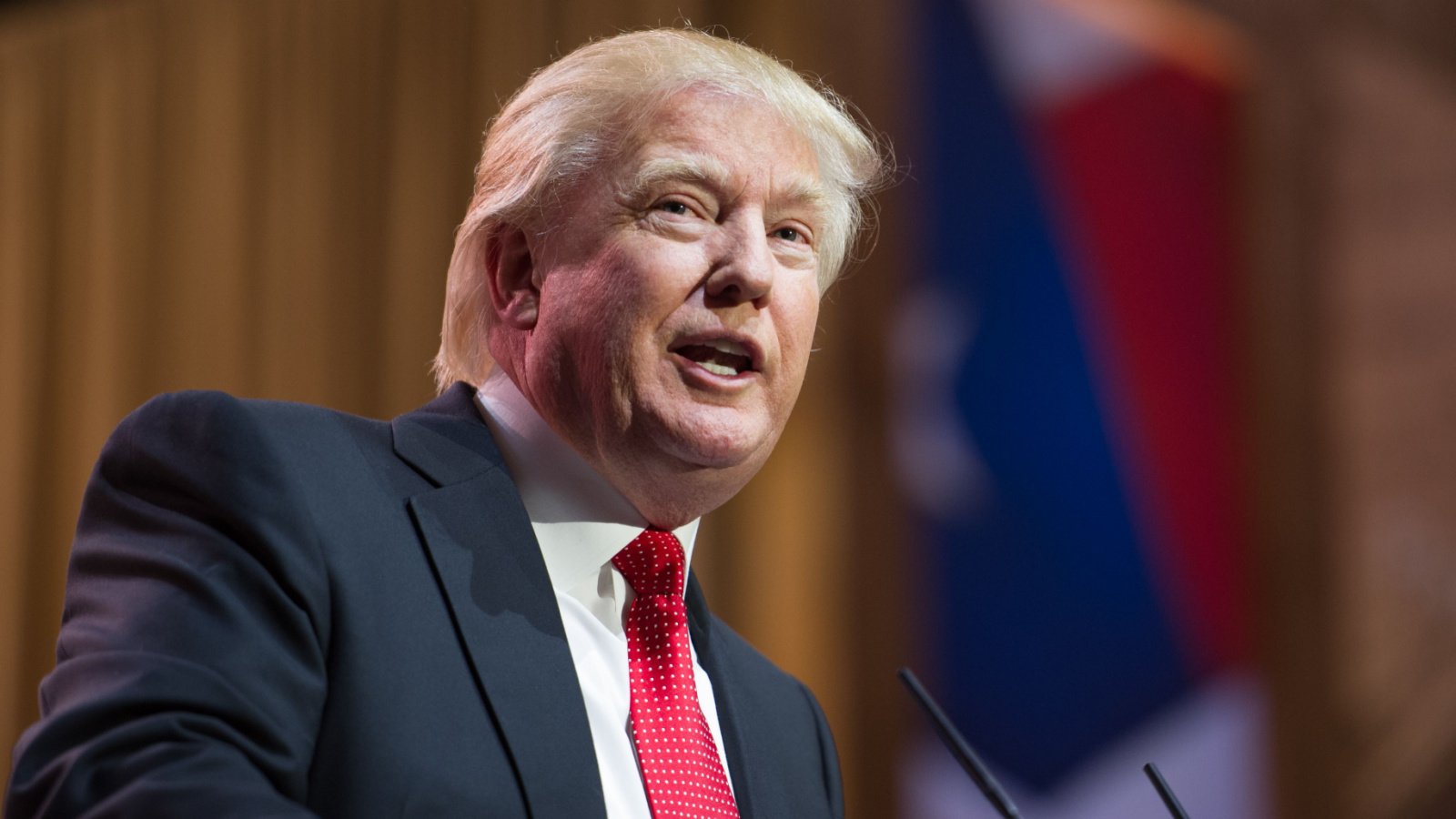
In the case of sustained deadlock, the judge may declare a mistrial or continue to press for further deliberation with or without additional instruction. In the case of a decision not being reached, there is no limit to the length of deliberations or the number of times a judge can push for further deliberation.
Next Steps

The jury’s options are limited to conviction, acquittal, or mistrial. In the coming days and weeks, the nation will likely know the verdict in the first criminal trial of a former U.S. president.



